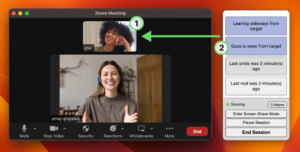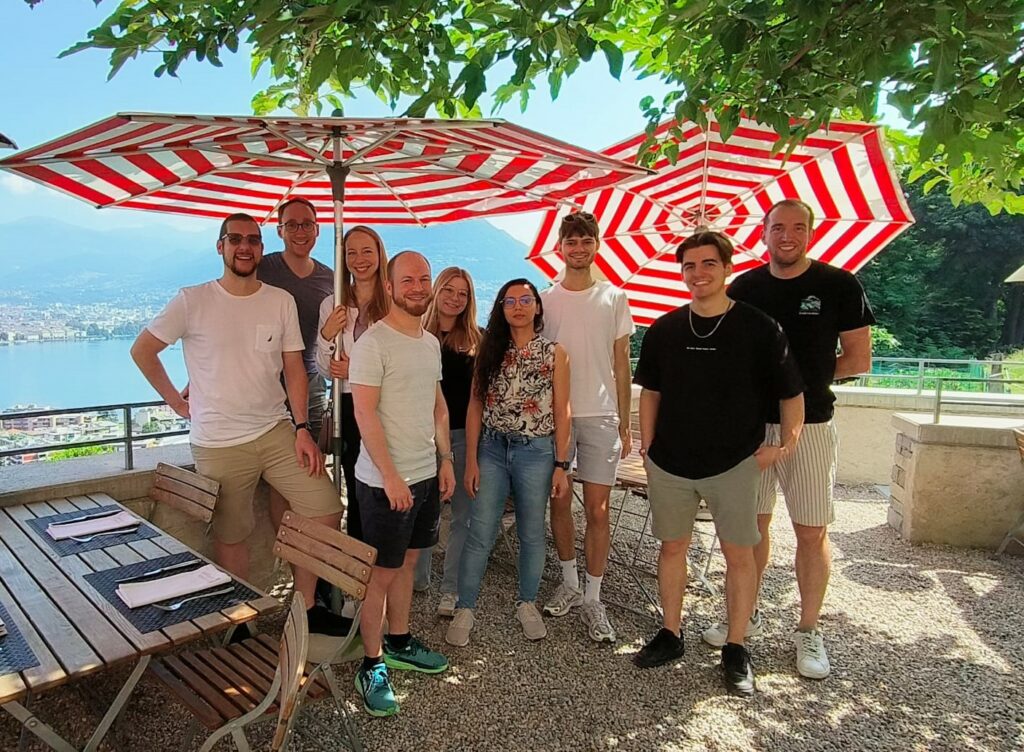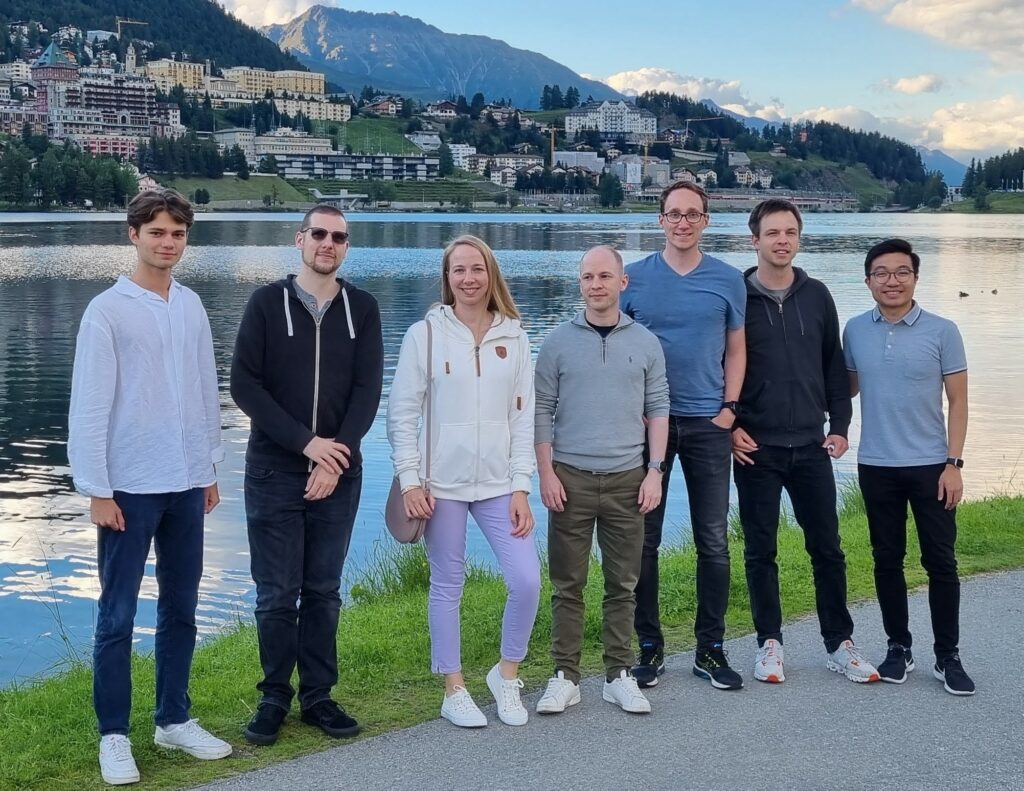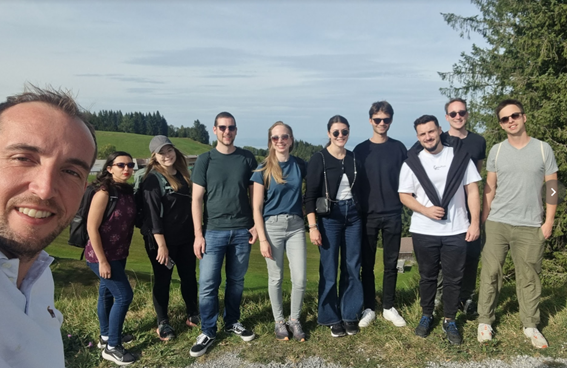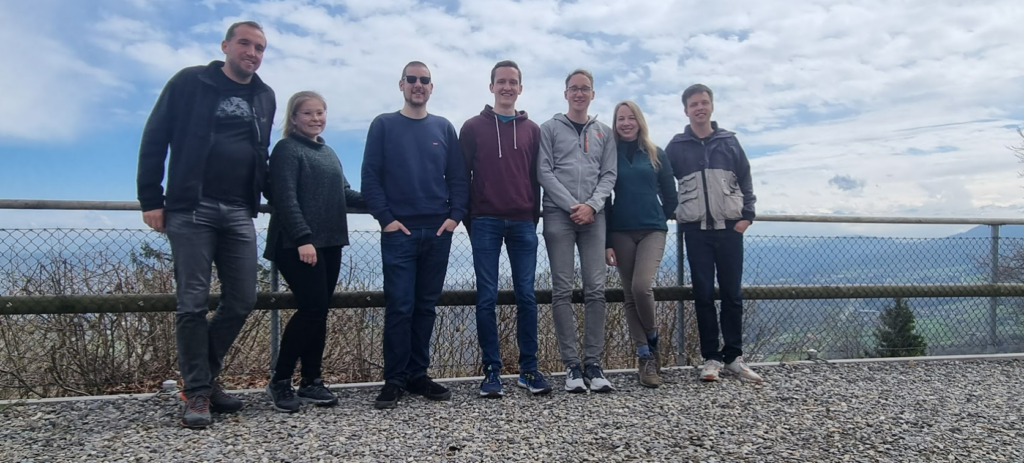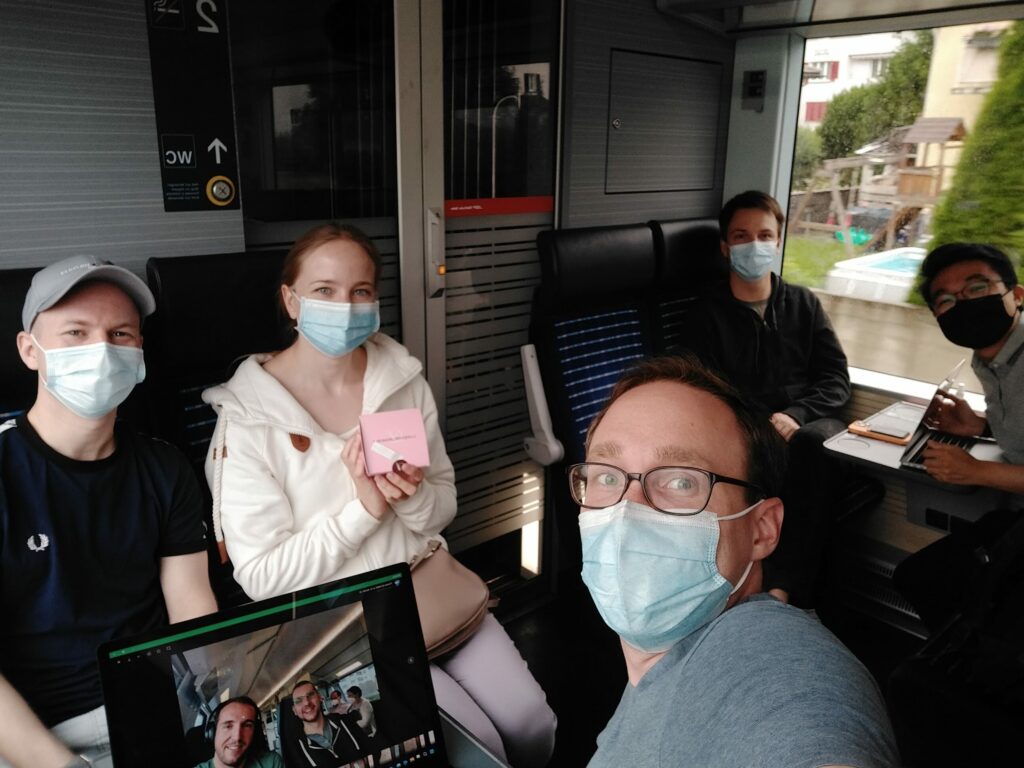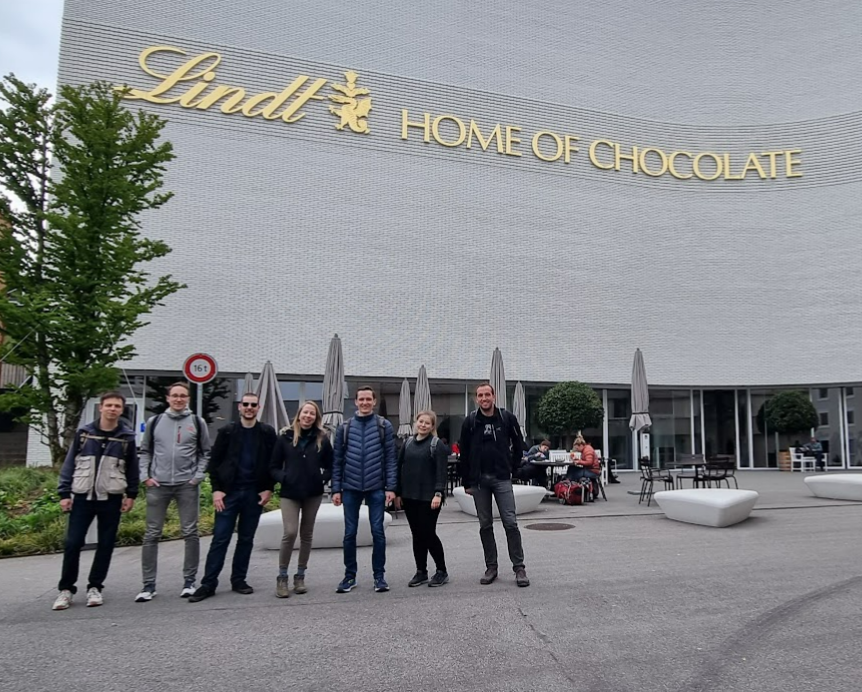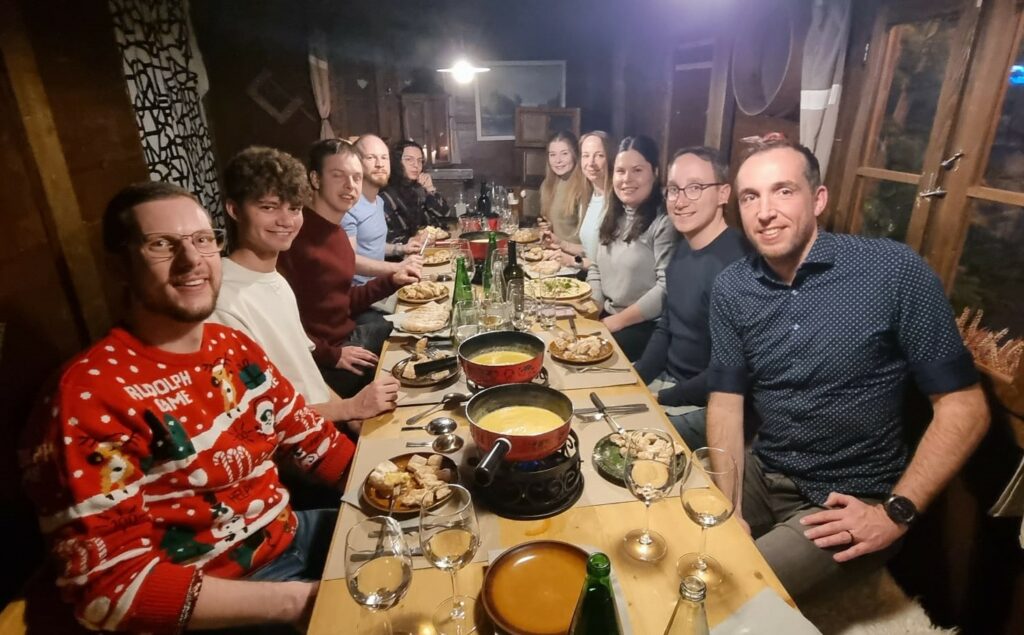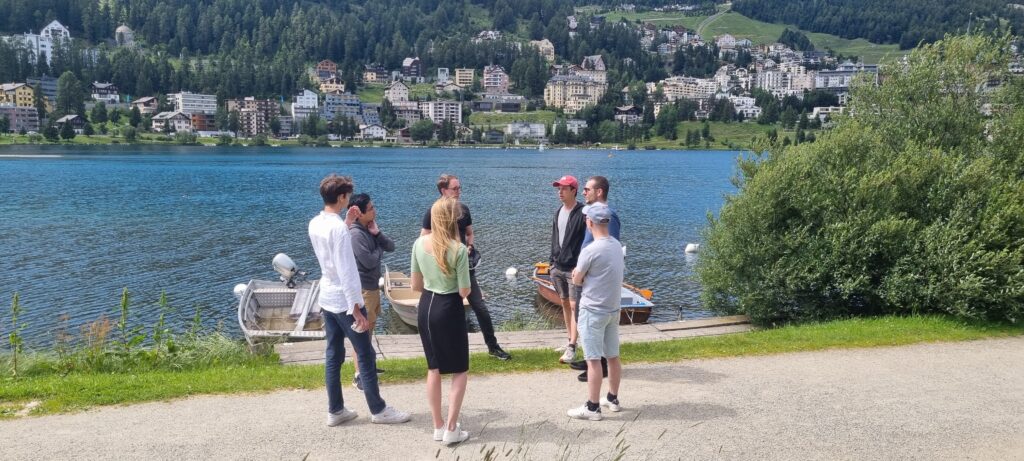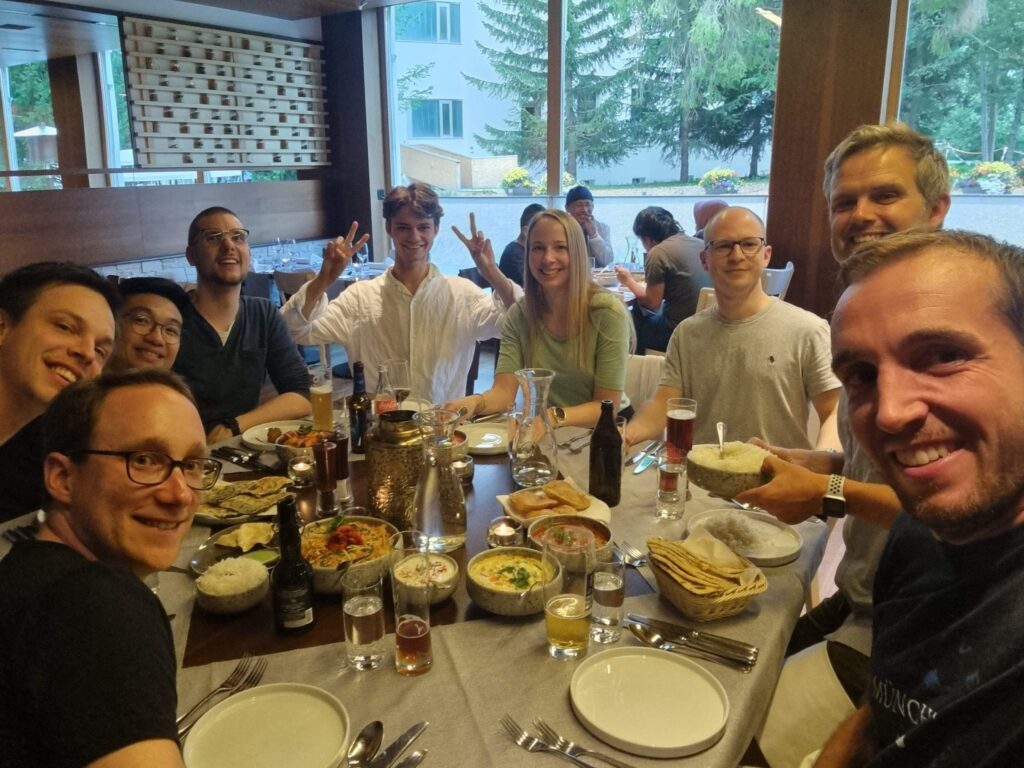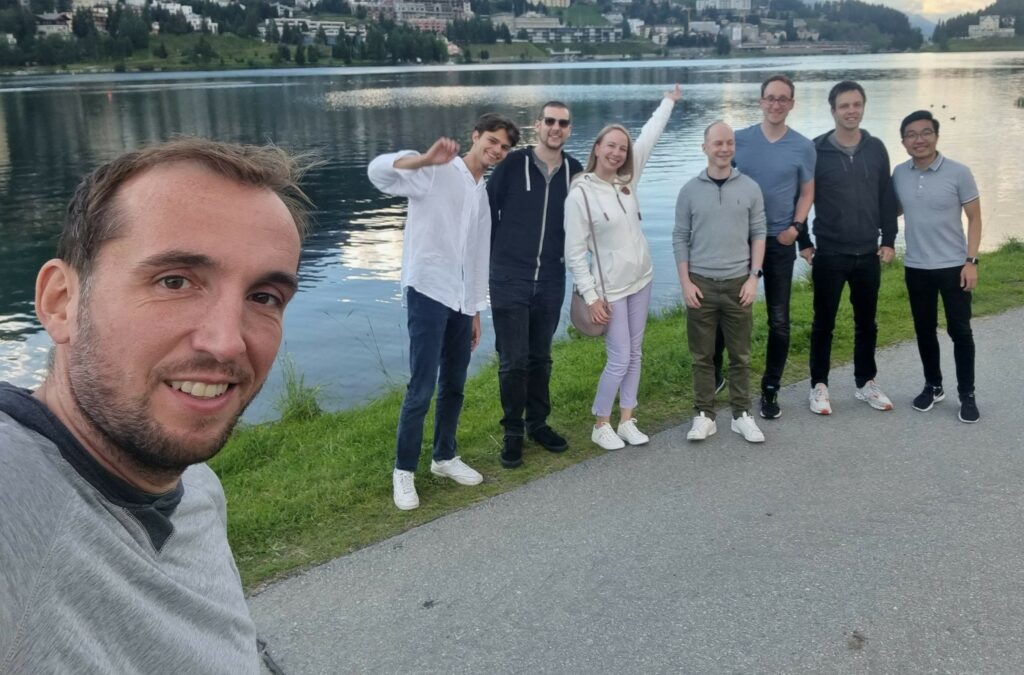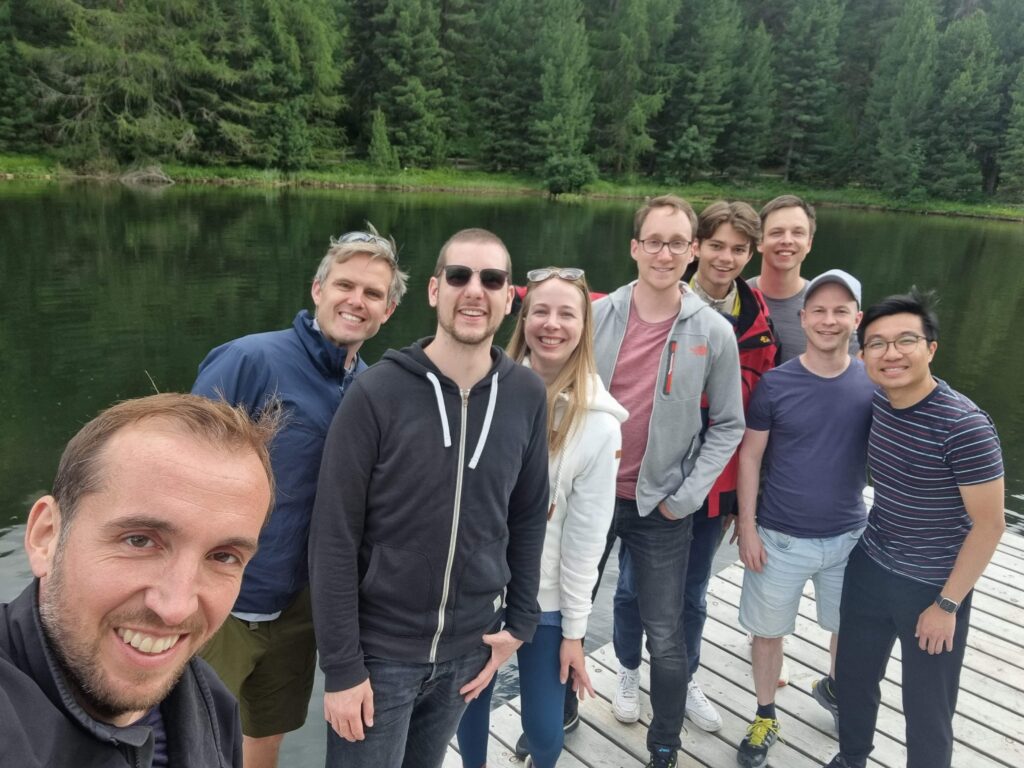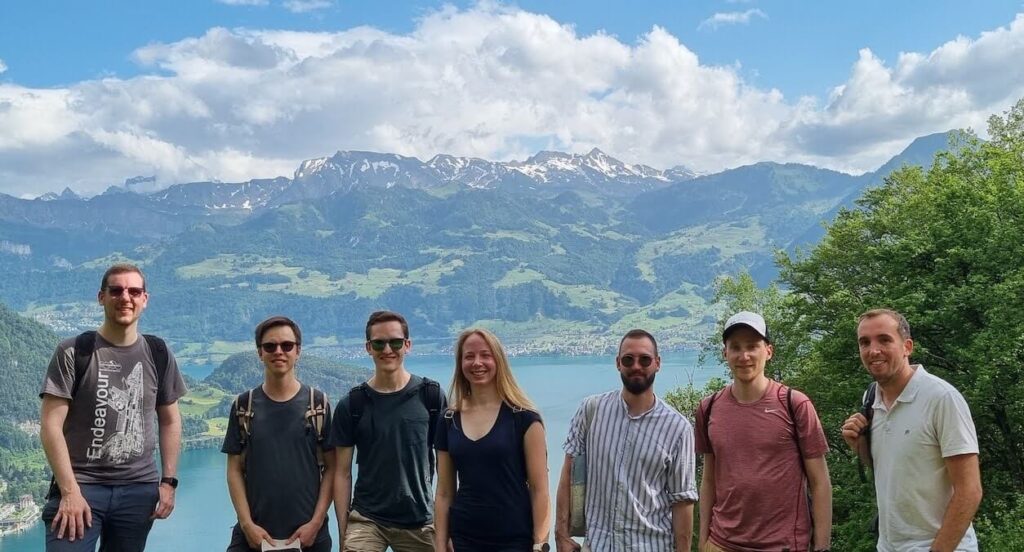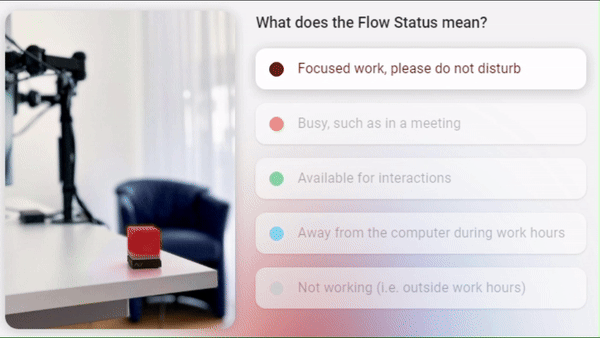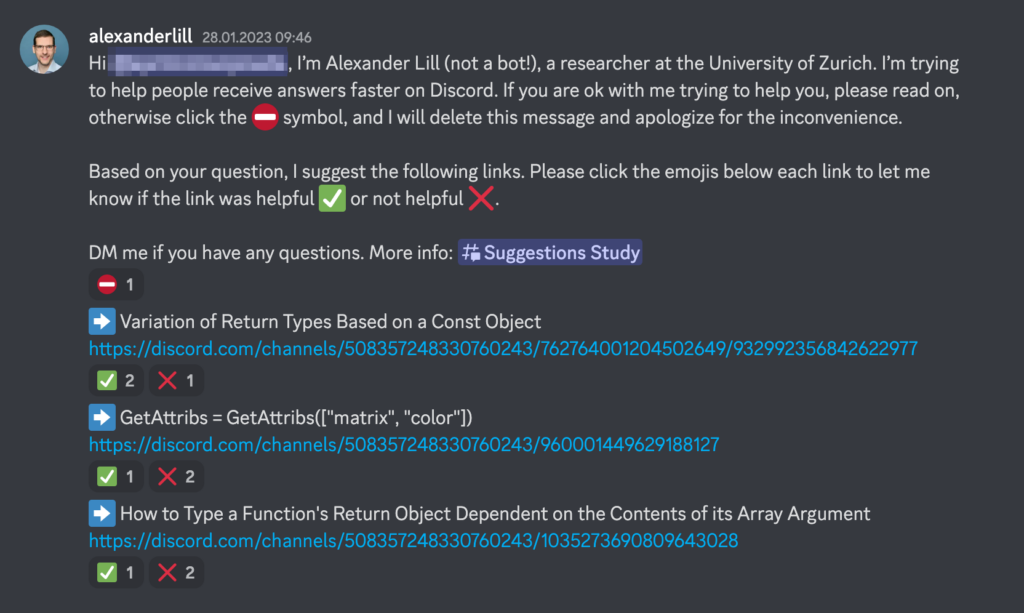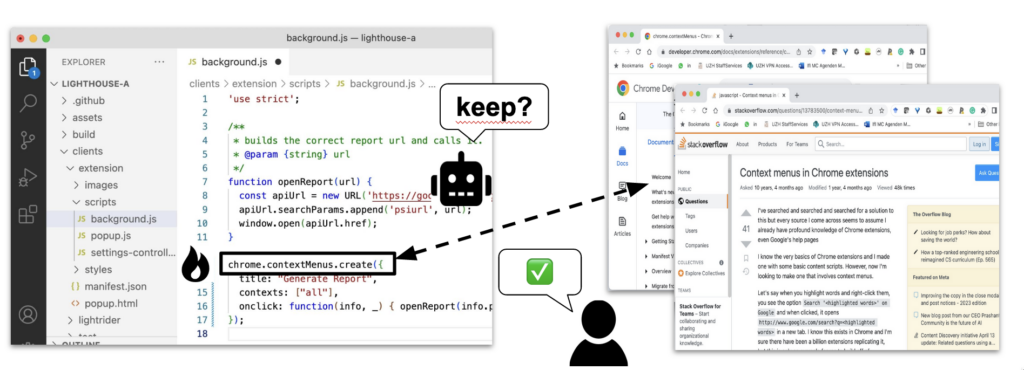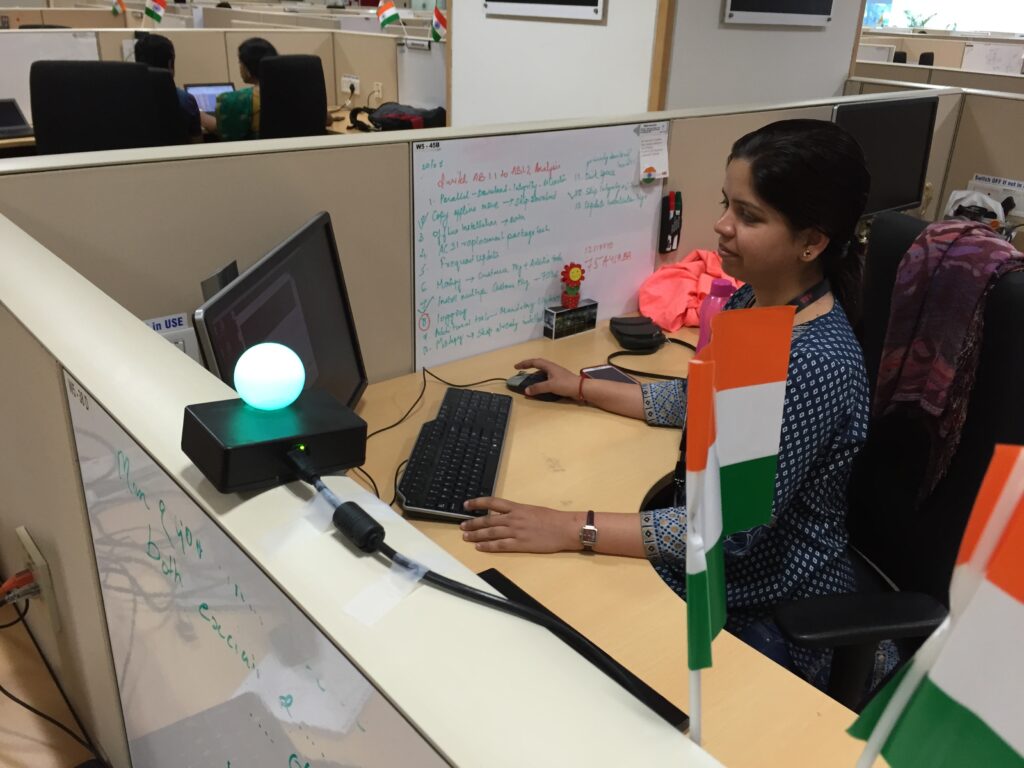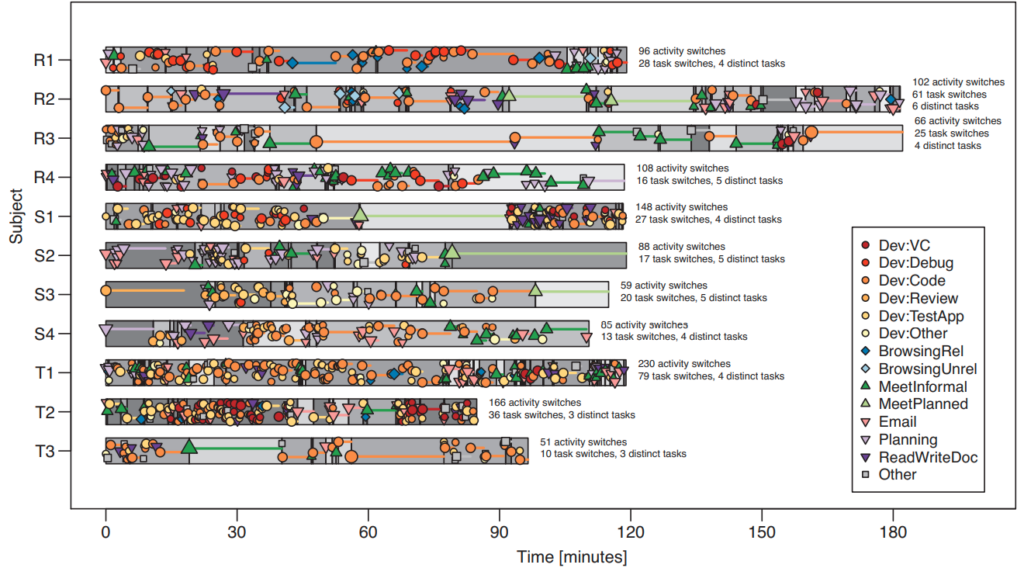Human Aspects of Software Engineering Lab, University of Zurich
Welcome to the Human Aspects of Software Engineering Lab. We focus on the human part in software engineering the developers themselves to boost their productivity and well being. For this, we continuously collaborate with companies and develop, deploy and examine approaches in practice and empirically studying software developers using personal and biometric data.
By better understanding what software developers need, what they experience, and how they operate, we are able to provide better and more tailored support to developers as well as improve their productivity and the quality of the software they produce.
Are you interested in being the first one to know about our own as well as others’ latest research in the field of human aspects of software engineering?
News
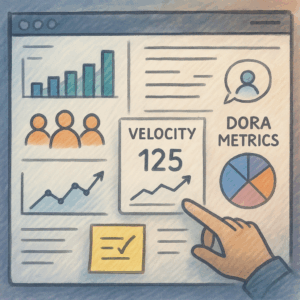
Call for Participation: Developer Experience Metrics and Initiatives in Practice

‘Stick to’ Three: Fostering Awareness, Intentions, and Reflections on the Top Daily Tasks
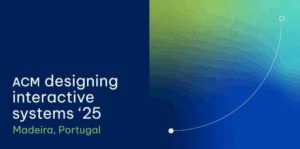
HASEL @ DIS25 in Madeira

Podcast zu “Flow statt Frust”: Wie wir Unterbrechungen minimieren und den Fokus bei der Arbeit verbessern
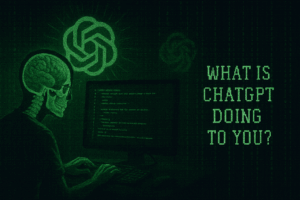
Call for Participation: What is ChatGPT doing to you?
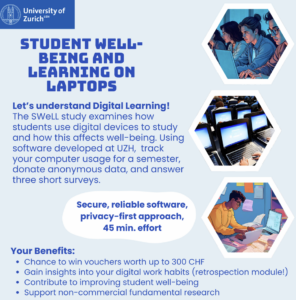
Call for Participation: Student Well-being and Learning on Laptops
